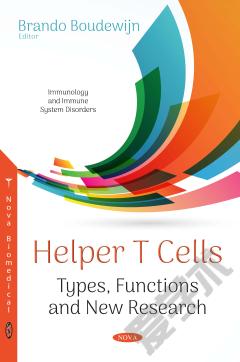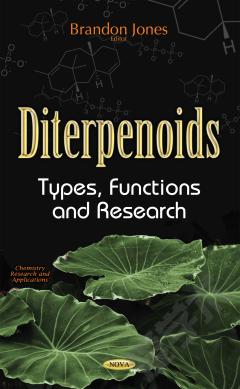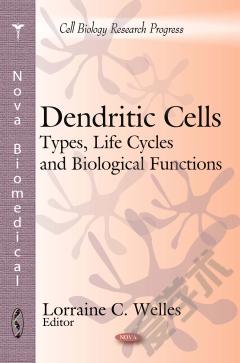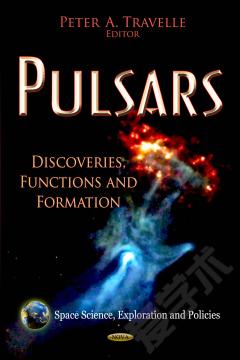Helper T Cells: Types, Functions and New Research
Helper T Cells: Types, Functions and New Research presents current research in the Tfh cell research field with a special focus on the maintenance of TFH cells and their fate once the immune response has resolved. Whereas early steps of Tfh cell generation have been the subject of intense research in recent years, much less is known about signals controlling Tfh cells in late phases of the germinal center reaction and their differentiation into long-term memory cells. The authors also discuss emerging evidence that CD4+ T cells orchestrate antitumor immunity by providing critical immunological help to B cells, facilitating isotype switching and affinity maturation, and CD8+ T cells, promoting effector and memory differentiation, as well as shaping innate immunity and the tumor microenvironment. While preventing autoimmunity, selective CD4+ T-cell tolerance also compromises immunity to malignant cells that express primarily self-antigens by eliminating CD4+ T-cell help for B-cell, CD8+ T-cell, and innate immune responses. Therefore, the authors suggest that the goal of cancer immunotherapeutics should be increasingly focused on overcoming the CD4+ T-cell tolerance barrier to negate the effects of tolerance-driven immune suppression and maximize antitumor responses. Next, data is presented showing that AIT reduces the expression of CD40L glycoprotein on T CD4+ cells from patients with pollen or Hymenoptera venom allergy when were treated with specific immunotherapy compared to patients not subject to treatment. The function of CD4 T lymphocytes in the development of allergy is discussed, along with the recent results obtained about the impact of AIT on CD40L expression on T helper lymphocytes of patients.
{{comment.content}}








 京公网安备 11010802027623号
京公网安备 11010802027623号